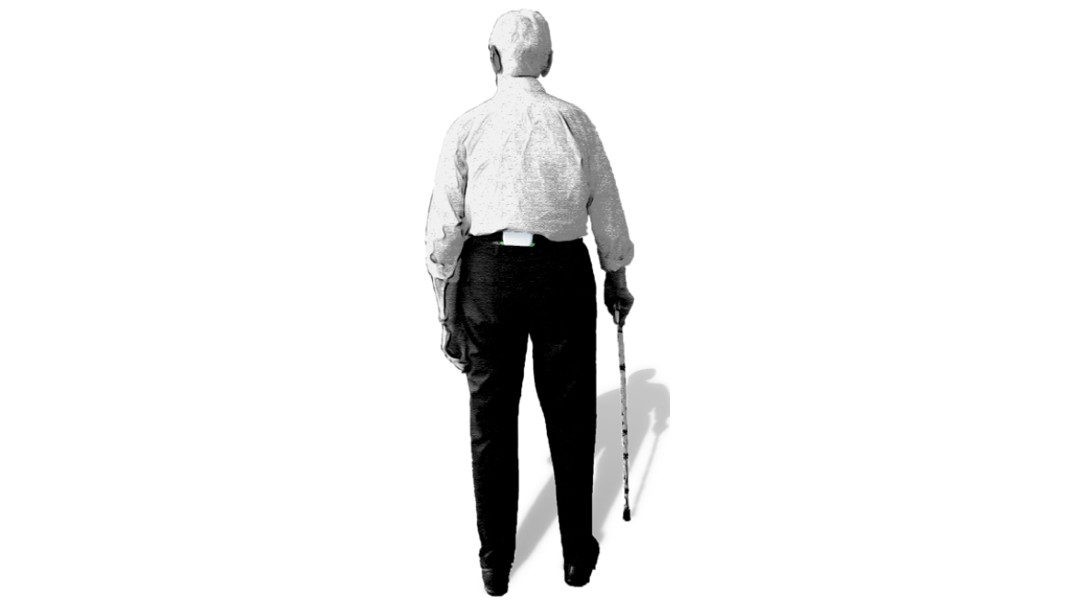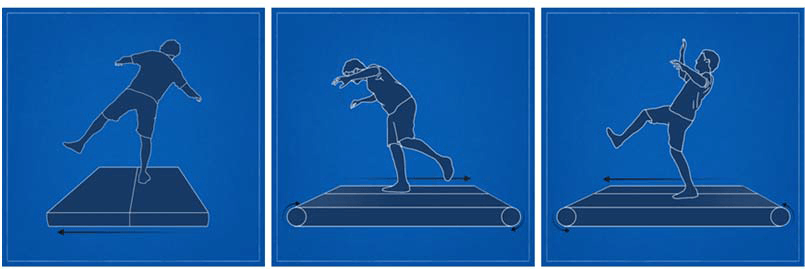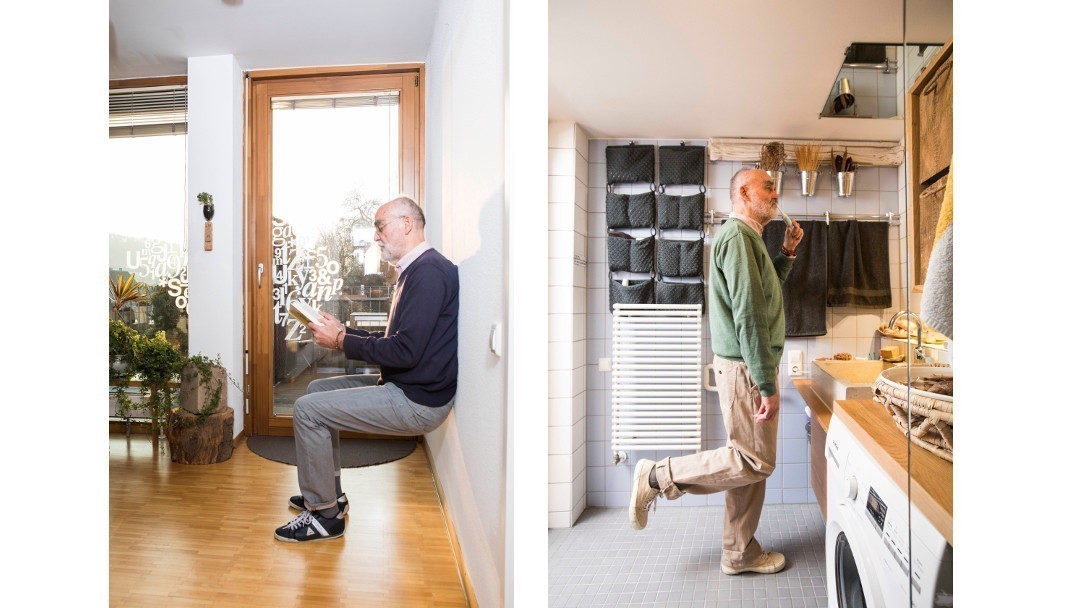Gerontology & Geriatrics

FARAO: Fall Risk Assessment in Older Adults from accelerometry in daily life
In the FARAO project we focussed on predicting falls based on daily life gait characteristics obtained with one-week accelerometry data. Our system is based on miniature accelerometers (MoveMonitor) and has been worn by more than 300 participants. We found that gait quality measures of daily life gait have added value to predicting falls.

Keep Control: Efficacy of perturbation-based gait training in older adults
The overall aim of this project is to test the potential of the such perturbation-based training by use of a newly developed dual-belt treadmill, with options for fast, ecologically valid trip and slip perturbations, triggered in various gait phases, to improve dynamic stability and prevent falls in older persons at risk for falls.

Falling: a mismatch between self-perceived and actual abilities in older adults?
Falls occur when we are exposed to balance threats and do not have the capacity to respond adequately. When our capacities decline with age, do we adjust our behaviour accordingly? Overestimation of ones own capacities may lead to risk-taking and consequently to falls in daily activities. Underestimation, by contrast, may lead to sedentary behaviour and eventually falls through an accelerated decline of physical capacities.

PreventIT: Early risk detection and prevention of functional decline in young older adults with ICT support
In PreventIT, we develop mobile technology that enables early identification of risk factors for functional decline in younger older adults. Furthermore, in PreventIT we develop and evaluate a unique ICT-based intervention, delivered on a smartphone and smartwatch, with activities integrated in daily life and taking into account each person’s individual motivation, needs, and barriers.